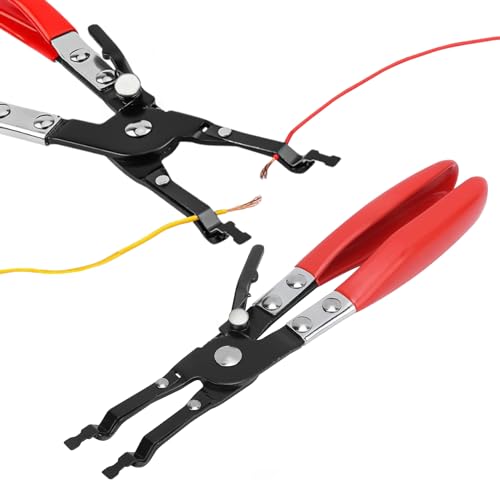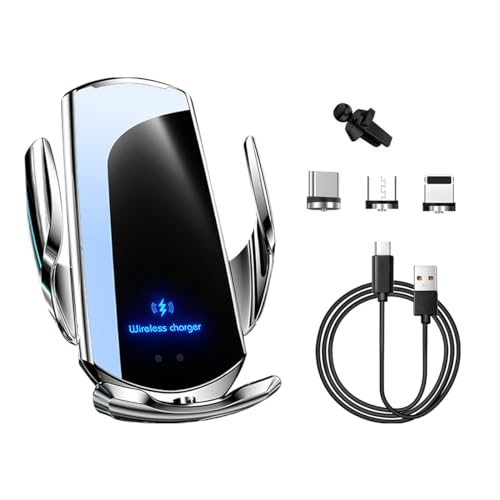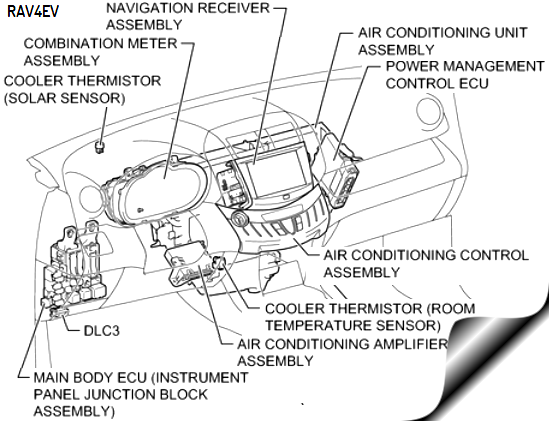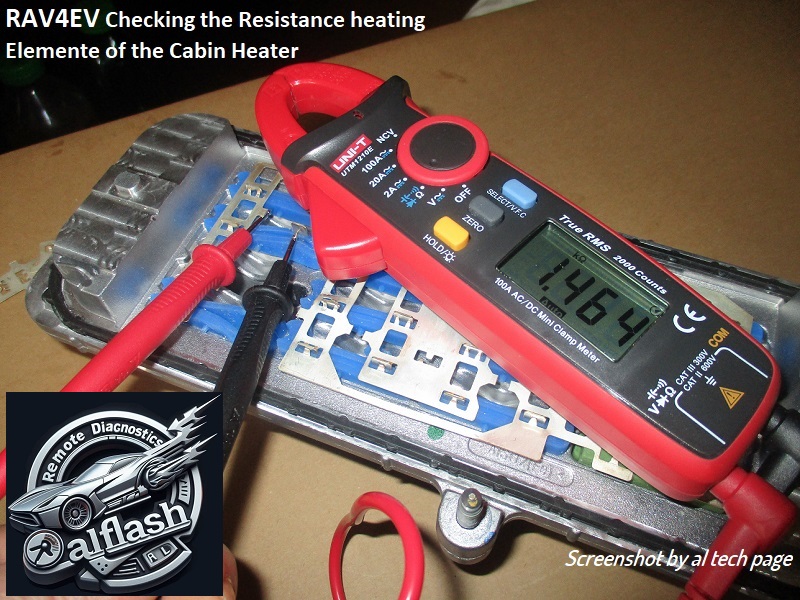Responding to your points:
1) I am not aware of any replacement Denso heater failing. The original ones furnished have a relatively high failure rate, but not as high as some of the Tesla components, lol. ISTR that there is a part number change, but I can't find that info right now.
2) I looked at my replacement receipt from 2019, and 87101-42010 was $2,775; my usual source says $2,200 today. eBay has a "New -- Other" one on offer for $1,330 (plus tax).
3) Referring to pics I posted on this topic last December, IIRC, when using a Leaf unit as a replacement, you cut the D15 harness from the failed unit and adapt it to the Leaf unit, as the leaf has only a hard connector, and it's different (and, per Vlad, has pins that are unused on the RAV4 EV). I don't know of a public success story installing the Leaf unit to the RAV4 EV, so . . . this would be a pioneer job? It's sure seems like the least expensive thing to try . . . if one knew for certain that the Leaf unit you purchased was a later revision with the better heater element/PCB interface; the early Leaf units suffer a similar problem to the early RAV4 EV ones, and if the early units can be avoided . . . best done. But I have no info on how to do that; some research over on the Leaf forum would be req'd, I assume.
User ph2 installed a Ford Focus unit, and the wiring adaption was straightforward and I think he used both LV & HV harnesses harvested from the old heater, no adaption of the vehicle side wiring was required, so it could be put back to stock if desired.
4) addressed above
I don't, but wouldn't that be wonderful knowledge to have?
1) I am not aware of any replacement Denso heater failing. The original ones furnished have a relatively high failure rate, but not as high as some of the Tesla components, lol. ISTR that there is a part number change, but I can't find that info right now.
2) I looked at my replacement receipt from 2019, and 87101-42010 was $2,775; my usual source says $2,200 today. eBay has a "New -- Other" one on offer for $1,330 (plus tax).
3) Referring to pics I posted on this topic last December, IIRC, when using a Leaf unit as a replacement, you cut the D15 harness from the failed unit and adapt it to the Leaf unit, as the leaf has only a hard connector, and it's different (and, per Vlad, has pins that are unused on the RAV4 EV). I don't know of a public success story installing the Leaf unit to the RAV4 EV, so . . . this would be a pioneer job? It's sure seems like the least expensive thing to try . . . if one knew for certain that the Leaf unit you purchased was a later revision with the better heater element/PCB interface; the early Leaf units suffer a similar problem to the early RAV4 EV ones, and if the early units can be avoided . . . best done. But I have no info on how to do that; some research over on the Leaf forum would be req'd, I assume.
User ph2 installed a Ford Focus unit, and the wiring adaption was straightforward and I think he used both LV & HV harnesses harvested from the old heater, no adaption of the vehicle side wiring was required, so it could be put back to stock if desired.
4) addressed above
Does anyone know if the Nissan heater PCB fits into the Rav4ev heater PCB?
I don't, but wouldn't that be wonderful knowledge to have?
Last edited:




































